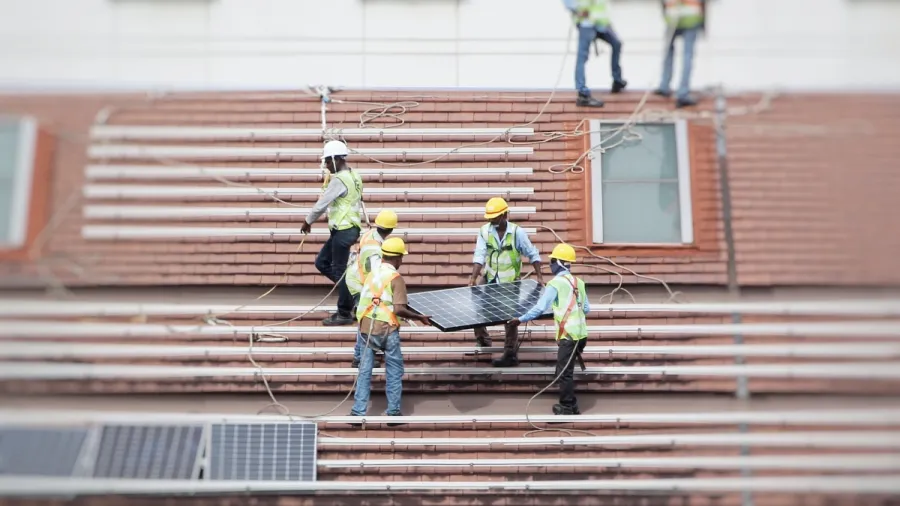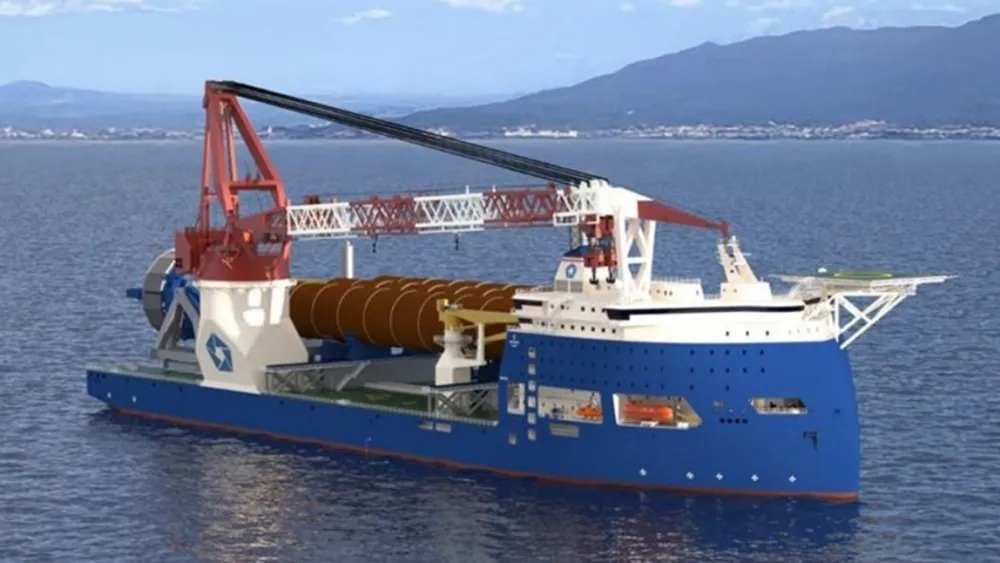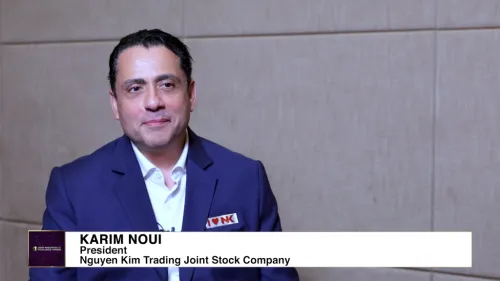
Competing construction firms unite to meet industry’s towering demand
Construction industry expected to grow by 2.1% to $36b in 2023.
With millions to billions of dollars involved in every construction development venture, one would assume that builders compete fiercely to secure these projects. That cannot be said about Singaporean constructors that have begun to collaborate with competitors amidst an anticipated growth of the industry.
Data from the “Singapore Construction Industry Databook Series” show that the Lion City’s construction industry will grow by 2.1% to reach $36b in 2023. The Building and Construction Authority (BCA), meanwhile, estimates construction demand to range between $27b and $32b.
“Companies are actively exploring collaborations with competitors to risk-share and capitalise on new build projects,” Dennis Lee, partner at RSM Singapore, told the Singapore Business Review.
“Construction firms have [also] been looking closely at capacity management, reducing down time and working closer with authorities to explore flexibility and efficiency in project planning,” Lee added.
Catching up
Lee said firms are also collaborating with competitors to make up for lost time during the pandemic and work on project schedules that have been pushed back.
ISG General Manager Kelvin Hon has made the same observation, citing how several contractors are working on a single development since the clients have split big projects up into separate packages.
Lee agreed that subdivision of a project into smaller phases or packages may promote concurrent activities and reduce overall project duration.
The RSM Singapore expert added that doing such will also help “limit exposure to a single main contractor that may not have the strongest of financial positions.”
“Working with a broader range of project vendors, allows developers to extract value by leveraging on a range of expertise, specialisation and valuable relevant experience,” Lee added.
However, he underscored that there are still projects that have fallen behind timelines despite such arrangements.
“This can often be attributed to coordination challenges and having to align interests with a larger pool of working parties,” said Lee.
“Other downsides [of such an arrangement] include inconsistent communications in particular relating to health and safety, which can be overlooked when having to deal with numerous parties,” he added.
Tech as foundation
Apart from coming together, firms have leaned into technologies such as Building Information Management Systems (BIMS), to avoid project delays.
BIMS, in particular, helps firms in terms of “better end stage visualisation and anticipation of resource or material deficiencies which could further worsen project delays.”
“Companies also looked hard into implementing project management systems which allowed them to reduce data gaps and better identify project shortages that could be addressed with the necessary parties earlier,” added Lee.
Hon said that adoption of technology brings enhanced efficiencies and opportunities to the construction process, whether it’s the use of game-engine derived 3D renderings to produce realistic building walkthroughs or to validate material products and specifications. Head-mounted cameras are also used to provide project updates without the requirement to physically visit site for progress reports.
These technologies not only help speed up projects, but also address other challenges hampering the industry such as the manpower crunch.
Addressing obstructions
Lee said labour shortage remains one of the major challenges of the industry, given that Singapore has a heavy reliance on foreign manpower for building projects.
“Manpower supply was heavily disrupted during the COVID lockdowns in 2021 and whilst we are now experiencing a somewhat relaxing of manpower quotas by MOM, the construction industry still has some way to go to achieve optimal labour levels required for ongoing projects,” he said.
Lee added that insufficient dormitory space throughout Singapore to house registered construction workers have also affected labour supply in the industry.
As finding the right talent within the industry in Singapore continues to be a challenge, Hon advised firms to “be realistic and transparent with customers – only take on projects that can be adequately resourced, and can be delivered within projected timelines.”
Thorough planning before taking on a project is critical, not just because of the shortage in manpower but the rising costs of materials.
The prices of commonly use materials in the construction sector, including steel, copper, aluminium and concrete have fluctuated considerably since 2021.
“Construction firms need to demonstrate financial stability and strength in this market to take on a project with the very real prospect of increasing material and resourcing prices, whilst financing the project,” Hon said.
Healthy demand
Whilst the industry has yet to fully recover, experts are positive about its overall performance in 2023.
“Promising rental forecasts and pre-committed government projects for infrastructure, building of public housing and community healthcare facilities have ensured that 2023 demand remains healthy,” Lee told the Singapore Business Review.
He expects public sector construction spending to stay firm at between $16B and $19B as government spending focuses on building resilience and capabilities in the Singapore economy” this year.
Private and commercial sector construction is also making headway with activities for fiscal year 2023 projecting between $1.5B and $2B in demand-driven spending, the expert said.
“There appears to be firmer market interest in tapping into the opportunities to build residential and commercial developments, as well as re-development projects, to cater to Singapore’s plans to attract global investments and retain a multi-disciplinary talent pool,” said Lee.
“I think it is safe to say that the sector’s prospects remain healthy and optimistic. The majority of the sector players are adopting a cautious approach where project financing and supply chain resilience are concerned. This results in higher bidding for land tenders, better supply chain management and a more conservative take on cash flow management,” Lee concluded.


















 Advertise
Advertise







